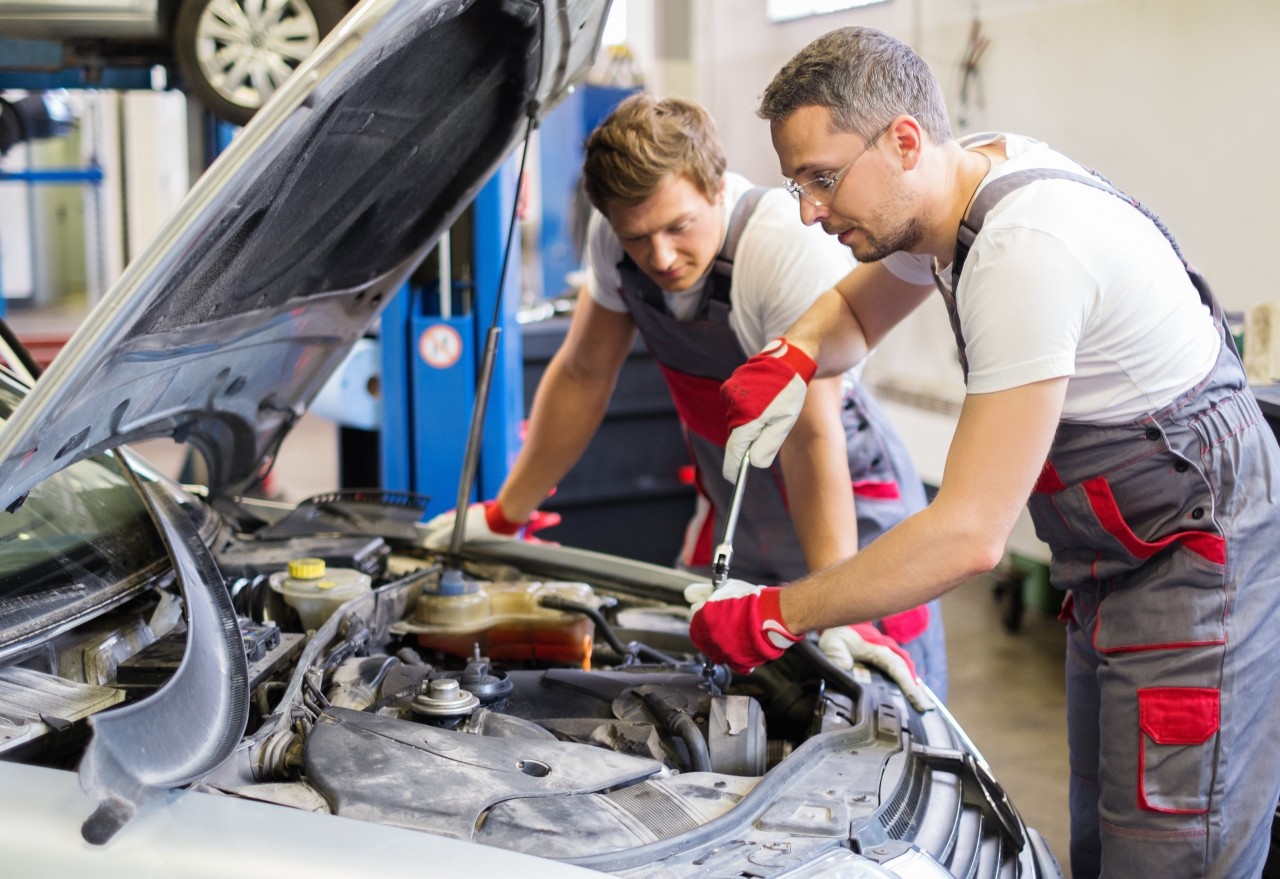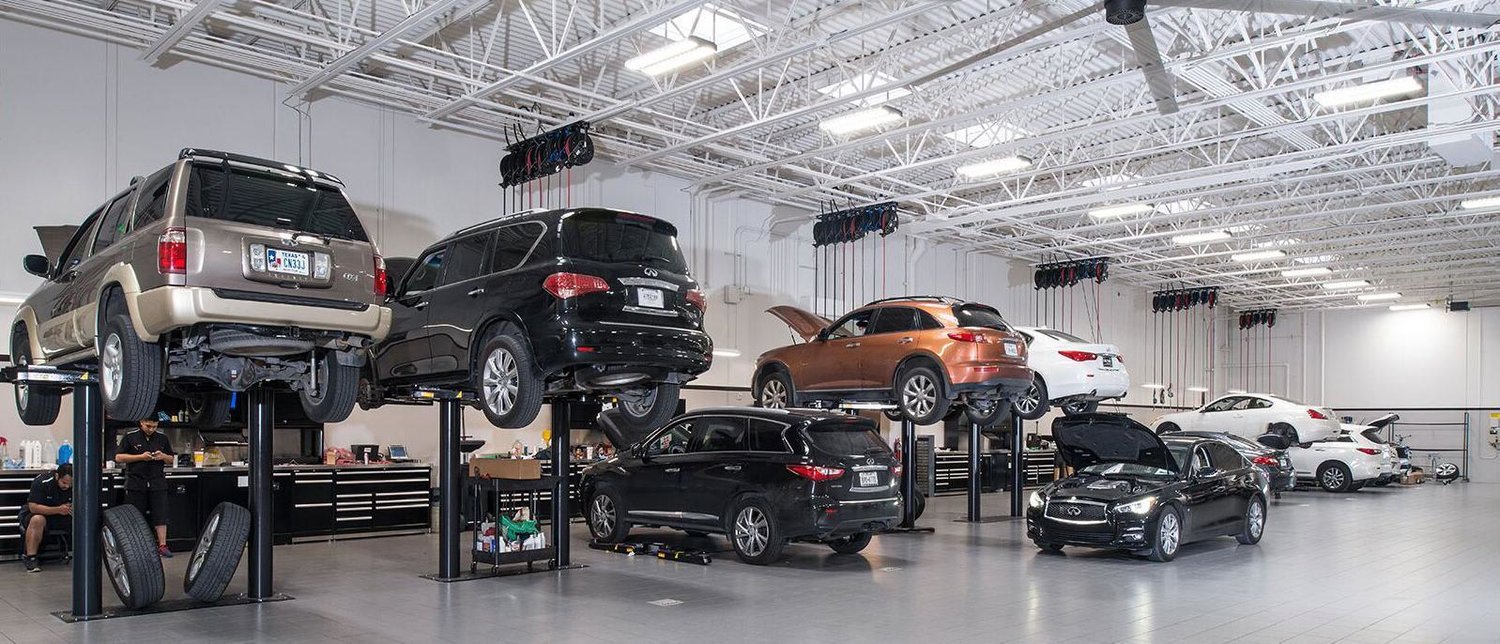All Categories
Featured

[/image]
Your lorry's brakes are among one of the most important parts in guaranteeing your safety and the safety and security of others when driving. Normal brake inspections are important to maintaining optimal stopping performance and staying clear of costly repair work. Whether you're a skilled cars and truck proprietor or a brand-new chauffeur, recognizing brake examination standards can help you remain proactive concerning upkeep and guarantee your automobile is constantly roadworthy.
- Why Brake Inspections Matter. The even more you drive, the extra rubbing your brake pads withstand, ultimately leading to decreased braking effectiveness. Without appropriate inspection, it's difficult to evaluate when your brakes might be in need of repair work.
A well-maintained brake system ensures quick, receptive quiting power, especially in emergencies. It likewise assists prolong the life of your vehicle, as overlooking brake maintenance can lead to a lot more extreme, pricey troubles later on.
- Indications You Required a Brake Evaluation. While it's important to have your brakes inspected periodically, certain indications might show that they require interest. Watch (and ear) out for these warning signals:
Squealing or Grinding Noises: Uncommon sounds, especially a high-pitched screech or grinding sound, often mean that your brake pads are put on down. Vibration or Pulsation: If you really feel vibrations or a pulsing experience when pressing the brake pedal, it can be an indication of distorted blades or irregular brake pad wear. Minimized Brake Responsiveness: If your brakes feel less responsive or you have to press the pedal harder to reduce down, it may indicate air in the brake lines or low brake liquid. Pulling away: If your automobile pulls to one side when stopping, it might mean unequal brake pad wear or a brake fluid leakage. Control Panel Warning Lights: Some vehicles have brake-related caution lights that indicate issues like low brake fluid or worn brake elements. If you notice any of these symptoms, it's essential to have a specialist mechanic perform a brake inspection immediately.

- What Happens Throughout a Brake Inspection? During a brake assessment, a technician will certainly examine numerous crucial parts of the braking system to ensure whatever is in working order. Right here's what you can expect throughout the process:
Brake Pads and Shoes: The auto mechanic will examine the thickness of the brake pads or shoes. If they're also thin, they'll require to be changed. Brake Rotors: Rotors are the discs that the brake pads press versus to reduce your auto down. They'll be checked for any type of signs of wear, racking up, or warping. Brake Fluid: Reduced or contaminated brake liquid can hinder braking efficiency. The specialist will inspect the fluid degree and high quality and top it up or flush it if essential. Brake Lines and Hoses: Brake lines bring fluid from the master cylinder to the brakes. The technician will look for any leakages, cracks, or damage to make certain appropriate liquid circulation. Brake Calipers and Wheel Cylinders: Calipers and wheel cyndrical tubes press the brake pads versus the rotors or drums. The service technician will certainly look for wear, leaks, and correct operation. 4. How Frequently Should You Have Your Brakes Inspected? The frequency of brake assessments relies on variables like your driving practices, the kind of vehicle you drive, and the environment in which you drive. As a basic policy, it's an excellent concept to have your brakes examined every 12,000 miles or as soon as a year. Nevertheless, if you experience any one of the indication pointed out previously, it is very important to get your brakes checked quickly.
For those who often drive in rush hour, hilly surface, or harsh climate condition, even more constant inspections might be essential.
- Value of Timely Brake Services. When you find a problem with your brakes, it's essential to address it immediately. Postponing brake fixings can result in more significant damage to your stopping system, causing greater repair work expenses. In extreme cases, neglecting brake problems can bring about complete brake failure, which is a significant security danger.
By remaining on top of brake upkeep and dealing with issues immediately, you ensure that your brakes remain to do as meant, keeping you and your guests risk-free on the road.
Verdict: Keep Your Brakes in Leading Forming. Brake examinations are a basic yet crucial component of lorry maintenance. By recognizing the relevance of regular evaluations, knowing the indications of brake problems, and staying aggressive with fixings, you can guarantee your lorry's stopping system stays in optimal condition.
Latest Posts
Explore Best Car Repair Solutions at Montclare Auto Repair – Reliable Repairs Await
Learn Why Chicago Drivers Select Montclare Auto Repair for Reliable Service and Significant Savings
Secure Your Home with Quality Residential Roof
More
Latest Posts
Explore Best Car Repair Solutions at Montclare Auto Repair – Reliable Repairs Await
Learn Why Chicago Drivers Select Montclare Auto Repair for Reliable Service and Significant Savings
Secure Your Home with Quality Residential Roof